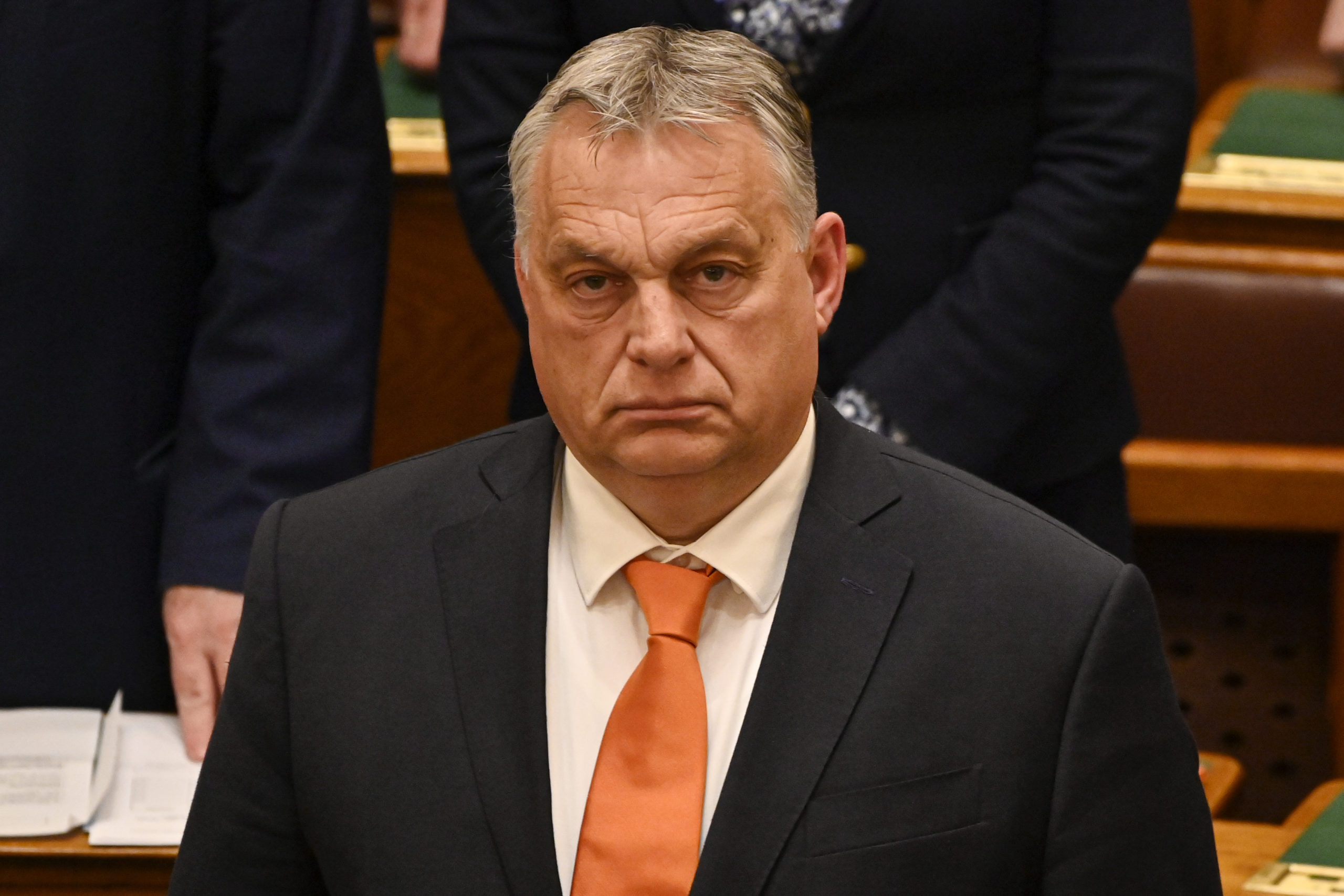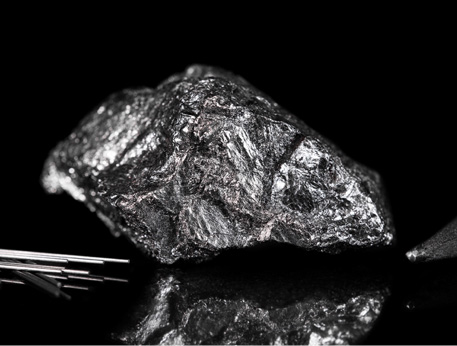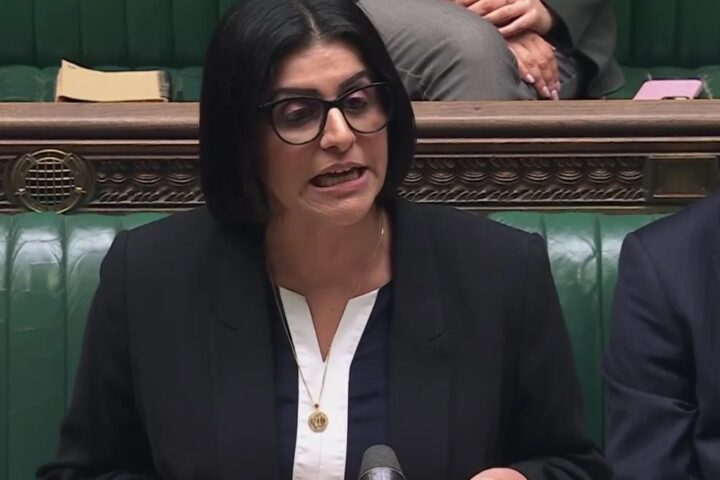The Hungarian government is once again stirring political scepticism regarding Ukraine’s European integration. In an official statement, spokesperson Zoltán Kovács outlined seven “risks” that allegedly threaten Hungary should Ukraine join the European Union. However, experts, analysts, and diplomats consider these claims to be unfounded, manipulative, and politically motivated. International observers increasingly point out that Budapest is actively echoing Kremlin narratives aimed at discrediting Kyiv, weakening the EU, and reducing support for Ukraine.
The rhetoric suggesting that Hungary will become a “donor for Ukraine” and that Kyiv will “consume” EU resources does not reflect reality. According to European Commission reports, Hungary has received over €40 billion from the EU budget in the past decade—three times more than it has contributed. Candidate countries do not gain immediate access to the EU budget; rather, access is granted gradually, following a model successfully implemented in Croatia, Bulgaria, and Romania. “Budapest’s statements are a typical example of pre-election populist claims based on the narrative of an ‘external threat’,” notes Bálint Madarász, an analyst at the Centre for European Studies in Brussels.
Another scare tactic is the claim of an “agricultural risk.” However, data from CEPS (Centre for European Policy Studies) indicates that Ukraine’s full integration into the EU agricultural market does not mean an immediate redistribution of subsidy schemes. On the contrary, transitional periods, regulatory barriers, and controlled quotas are introduced. “Ukraine does not pose a threat to EU farmers—on the contrary, it could become a reliable partner in strengthening Europe’s food security,” says Professor Erik Petersen from Aarhus University.
The assertion that “dangerous food from Ukraine” threatens EU consumers does not hold up to scrutiny. Food products exported to the EU undergo strict compliance checks in line with European Food Safety Authority (EFSA) standards. According to the European Commission, Ukraine already meets more than 90% of European standards. “Ukraine currently enforces stricter regulations than some EU member states did at the time of their accession,” emphasises Ingrid Becker, an expert at GFA Consulting Group.
The Hungarian government has also attempted to leverage security concerns, claiming that Ukraine is a hub of organised crime. However, Europol data shows that the level of organised crime in Hungary is comparable to—or even higher than—that in Ukraine. Since 2014, Ukraine has been actively cooperating with EU security agencies, particularly within the EMPACT programme, which focuses on combating smuggling, money laundering, and illegal arms trade.
Concerns about “labour market risks” are also based on distorted assumptions. An OECD study highlights that Ukrainian workers demonstrate a high level of integration and discipline, filling critical labour shortages. Rather than lowering wages, they help address workforce deficits in construction, healthcare, and logistics. “This is a classic nativist framing—creating the image of a competitor who ‘steals jobs.’ The truth is that without migrants, including Ukrainians, Central European economies would grind to a halt,” says László Gábor, a Hungarian economist and former adviser to the National Bank of Hungary.
Particularly noteworthy is the claim regarding vaccination, alleging that Ukraine lacks mandatory immunisation. In reality, Ukraine, with support from the WHO, UNICEF, and the EU, has been implementing a national immunisation plan. In 2023, despite wartime conditions, vaccination coverage against polio, diphtheria, and tetanus exceeded 85%. Vaccination in Ukraine is regulated by the Ministry of Health and aligns with core European healthcare standards.
Regarding the so-called “pension threat” and the claim that Hungary’s 13th-month pension would be abolished, this is an outright manipulation. No EU funds finance such social payments. The 13th pension is a political initiative of Viktor Orbán’s government, and its financing is unrelated to Ukraine’s EU accession. The claim is intended to instil fear in citizens to maintain electoral support. According to the European Court of Auditors, the accession of new countries does not impact the pension regulations of any EU member state.
At the same time, the Hungarian government conveniently overlooks the fact that Ukraine’s accession to the EU would not only open new opportunities for Kyiv but for Europe as a whole. Ukraine is a strategic partner in energy security, defence, and economic cooperation. With a strong agricultural sector, developed technologies, and a highly skilled workforce, Ukraine would enhance Europe’s competitiveness. Ultimately, this would benefit Hungary as well, as it would continue receiving EU subsidies—partly financed by revenues from Ukraine’s agricultural sector.
Analysis indicates that spreading fear about Ukraine is not driven by genuine concerns but is part of a political strategy aligned with Moscow’s geopolitical interests. Such narratives not only harm Ukraine but also undermine the unity of the European Union. “Budapest’s statements mirror Russian propaganda, adapted for a domestic audience. The real danger, however, lies in the fact that these narratives influence EU member states’ policies,” warns Thomas Kleine-Brockhoff, Vice President of the German Marshall Fund.
Following Donald Trump’s rise to power in the US, the EU has faced an additional challenge—Viktor Orbán’s policies. Unfortunately, his approach is based on confrontation with the EU and alignment with authoritarian regimes. Orbán attempts to walk a fine line between Putin and Trump, posing an uncontrollable threat not only to Hungary’s international reputation but also to its economy. Ignoring European democratic norms and sabotaging joint EU decisions has already led to the freezing of European funding, negatively impacting Hungary’s social programmes and economic development.
The Financial Times warns that Orbán’s policies are no longer just a domestic eccentricity but a real threat to Europe’s security.
Source: infodnes.sk















